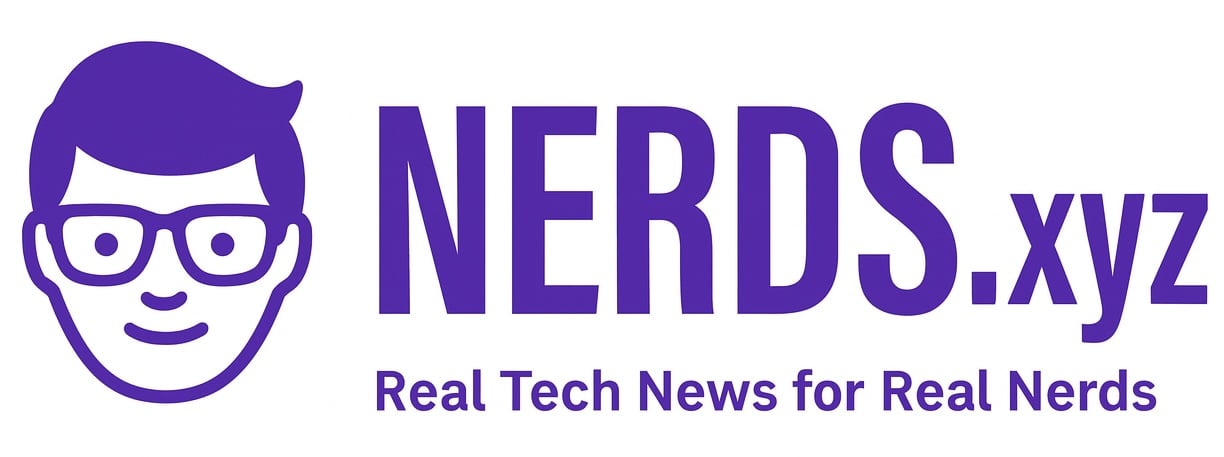
Adobe has announced the general availability of its new AI agents, which it says will reshape how businesses build, deliver, and optimize customer experiences. At the center is the Adobe Experience Platform (AEP) Agent Orchestrator, a tool that lets companies manage and customize both Adobe-built and third-party agents. These agents are designed to understand context, plan tasks, refine responses, and deliver measurable results.
AEP has long been used by major companies to connect real-time data across their organizations. Adobe says this deep connection between data, content, and workflows now provides the foundation for AI agents that can take contextually relevant actions rather than just reacting.
“Adobe has long helped businesses deliver engaging experiences to their customers, by turning digital data into actionable insights. We are now leveraging agentic AI to build specialized agents and embedding them into data, content and experience creation workflows,” said Anjul Bhambhri, senior vice president of engineering, Adobe Experience Cloud. “Our agentic AI innovations are elevating customer experience orchestration by reimagining processes, unlocking productivity for marketing teams and delivering personalized experiences at scale to drive growth.”

Adobe says more than 70 percent of AEP customers already use its AI Assistant, a conversational interface for interacting with agents. Brands including Hershey, Lenovo, Wegmans, Wilson, and Merkle are already experimenting with agentic AI inside their organizations.
The company also revealed several out-of-the-box agents now available in its enterprise apps. Audience Agent helps build and optimize target groups. Journey Agent creates and manages cross-channel campaigns. Experimentation Agent analyzes test results and predicts conversion lift. Data Insights Agent forecasts customer behavior and flags issues. Site Optimization Agent identifies problems like broken links. Product Support Agent assists with troubleshooting inside Adobe applications.
According to Adobe, the AEP Agent Orchestrator includes a reasoning engine that blends decision science with language models. This is meant to interpret natural-language prompts and decide which agents to activate, while still leaving room for human oversight.

Coming soon is the Experience Platform Agent Composer, which will provide a single interface for customizing agents to match company policies and brand guidelines. Developers will also gain access to an Agent SDK and Agent Registry to build new agents or extend existing ones. A new Agent2Agent protocol will let AI agents collaborate across workflows.
Adobe also announced partnerships with Cognizant, Google Cloud, Havas, Medallia, Omnicom, PwC, and VML. These partners will help extend agentic AI into more industries and use cases.
Whether this delivers practical value or simply adds another AI layer into an already crowded marketing stack remains to be seen. But for businesses already tied into Adobe’s ecosystem, these new agents could quickly become a central part of customer experience management.


